Dogs are often referred to as man's best friend, and for good reason. They are loyal, loving, and always happy to see their owners. However, some dogs can take their affection to the extreme and become overly clingy. In this article, we will explore the most clingy dog breeds and what makes them so attached to their owners.
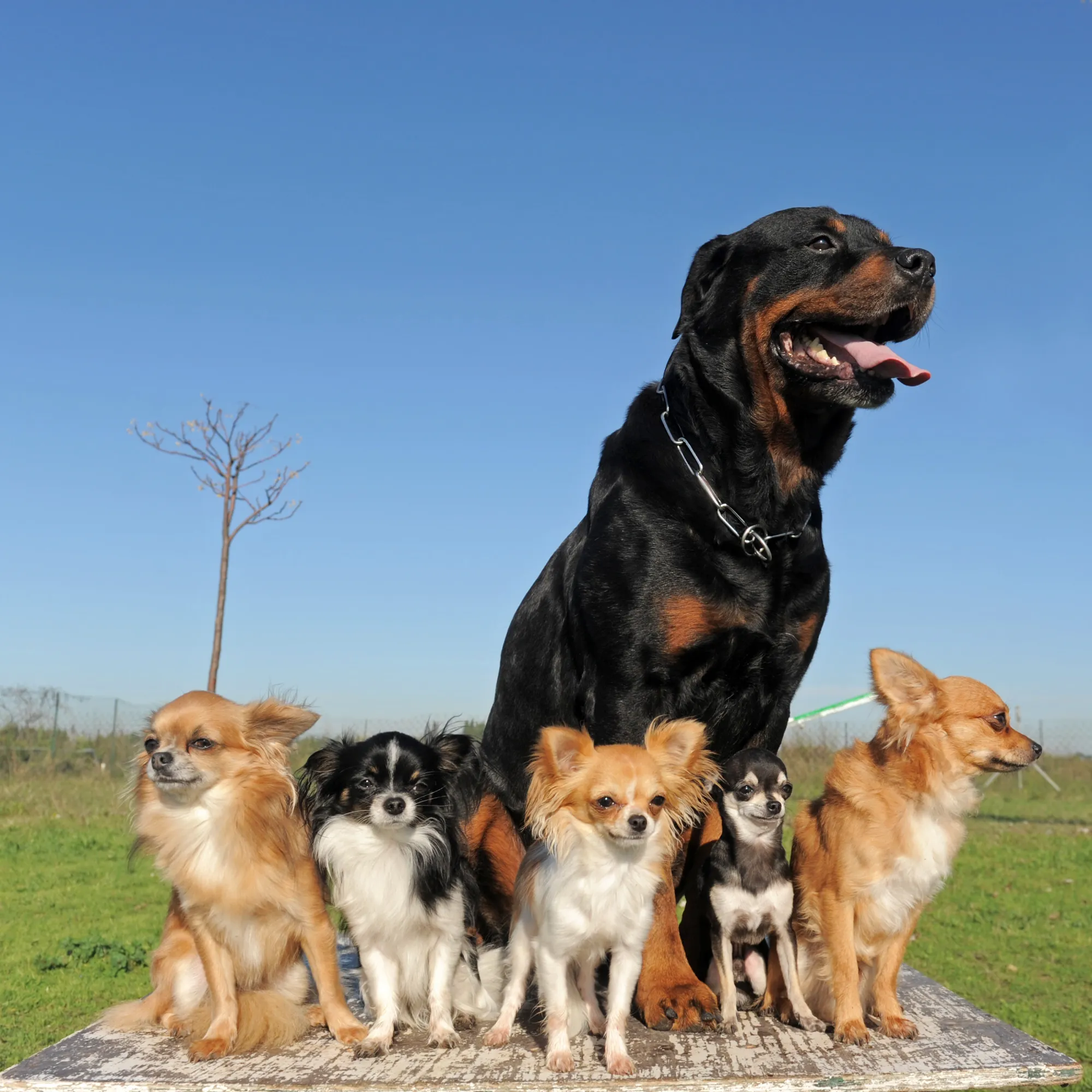
First on the list of clingy dog breeds is the Bichon Frise. These adorable little dogs were originally bred as companions and thrive on human interaction. They love nothing more than being by their owner's side, whether it's snuggling on the couch or following them around the house. Their small size also makes them the perfect lap dog, and they will happily curl up in their owner's lap for hours on end.
Another clingy dog breed is the Cavalier King Charles Spaniel. These dogs are known for their affectionate and gentle nature, and they form strong bonds with their owners. They love to be close to their humans and will often follow them from room to room. They are also very sensitive to their owner's emotions and will provide comfort and support when needed. It's no wonder they are often referred to as "love sponges".
Understanding Clingy Dog Breeds
Clingy dog breeds, also known as velcro dogs, are those that have a strong desire to be close to their owners at all times. These dogs often follow their owners around the house, sit on their laps, and constantly seek attention and affection. In this section, we will explore the defining traits of velcro dogs, their behavioral tendencies, and how separation anxiety can be a concern for these breeds.
Defining Velcro Dogs
Velcro dogs are breeds that have a strong attachment to their owners and are known for their loyalty and affection. They are often referred to as "shadow dogs" because they follow their owners around everywhere they go. Some of the most popular velcro dog breeds include the Bichon Frise, Chihuahua, Cavalier King Charles Spaniel, and the Shih Tzu.
Behavioral Traits of Clingy Breeds
Clingy dog breeds tend to be very sensitive and require a lot of attention and affection from their owners. They often become anxious or distressed when left alone for long periods of time and may resort to destructive behavior as a result. These dogs may also have a tendency to bark excessively or become overly protective of their owners.
Separation Anxiety in Dogs
Separation anxiety is a common concern for many dog owners, especially those with clingy breeds. Dogs with separation anxiety may become anxious or distressed when left alone, which can lead to destructive behavior, excessive barking, and other unwanted behaviors. It is important for owners of velcro dogs to provide plenty of mental and physical stimulation for their pets, as well as gradually acclimate them to being left alone for short periods of time.
In conclusion, understanding the defining traits and behavioral tendencies of clingy dog breeds can help owners provide the necessary care and attention for their pets. By recognizing the potential for separation anxiety and taking proactive steps to address it, owners can ensure that their velcro dogs lead happy and healthy lives.
Top Clingy Dog Breeds
When it comes to dogs, some breeds are more clingy than others. These breeds tend to follow their owners around, always wanting to be by their side. Here are some of the top clingy dog breeds:
Labrador Retriever
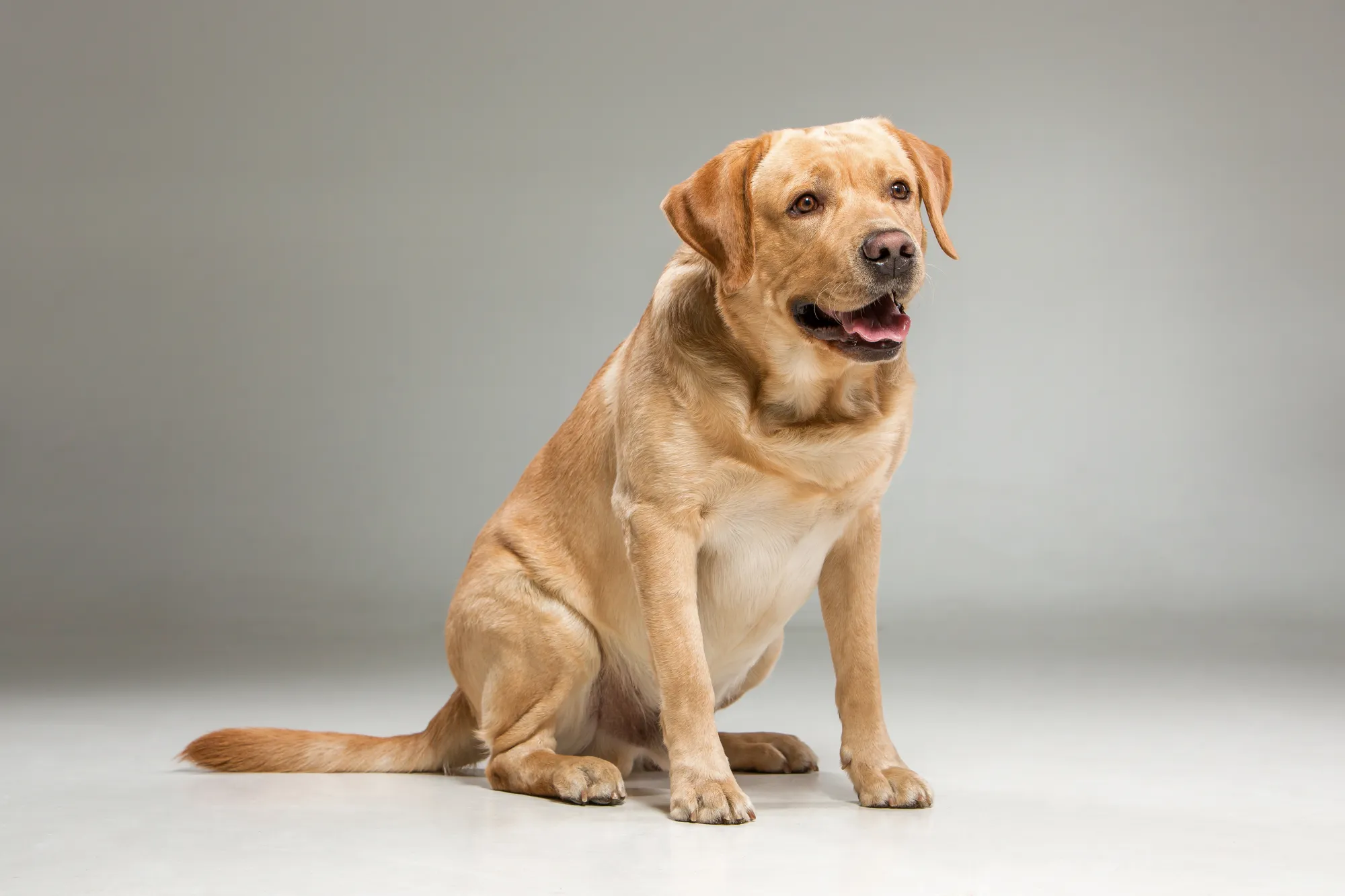
Labrador Retrievers are known for their friendly and affectionate nature. They are also one of the most loyal breeds, always wanting to be close to their owners. Labs are great family dogs and love to be around people.
German Shepherd
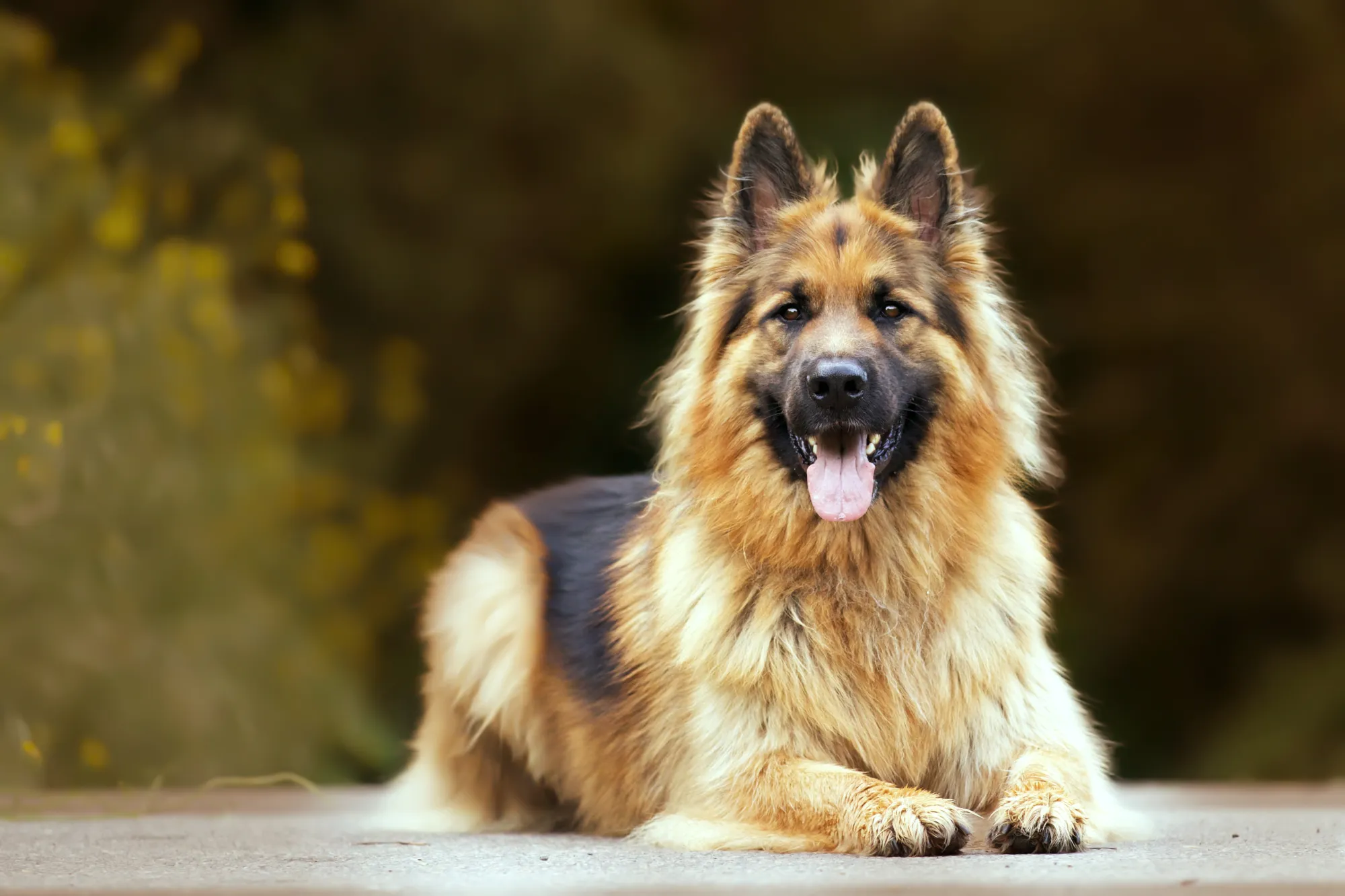
German Shepherds are known for their intelligence and loyalty. They are also very protective of their owners and will follow them around wherever they go. German Shepherds are great guard dogs and make excellent companions.
Golden Retriever
Golden Retrievers are known for their friendly and outgoing personalities. They are also very loyal and love to be around their owners. Goldens are great family dogs and are always eager to please.
Border Collie
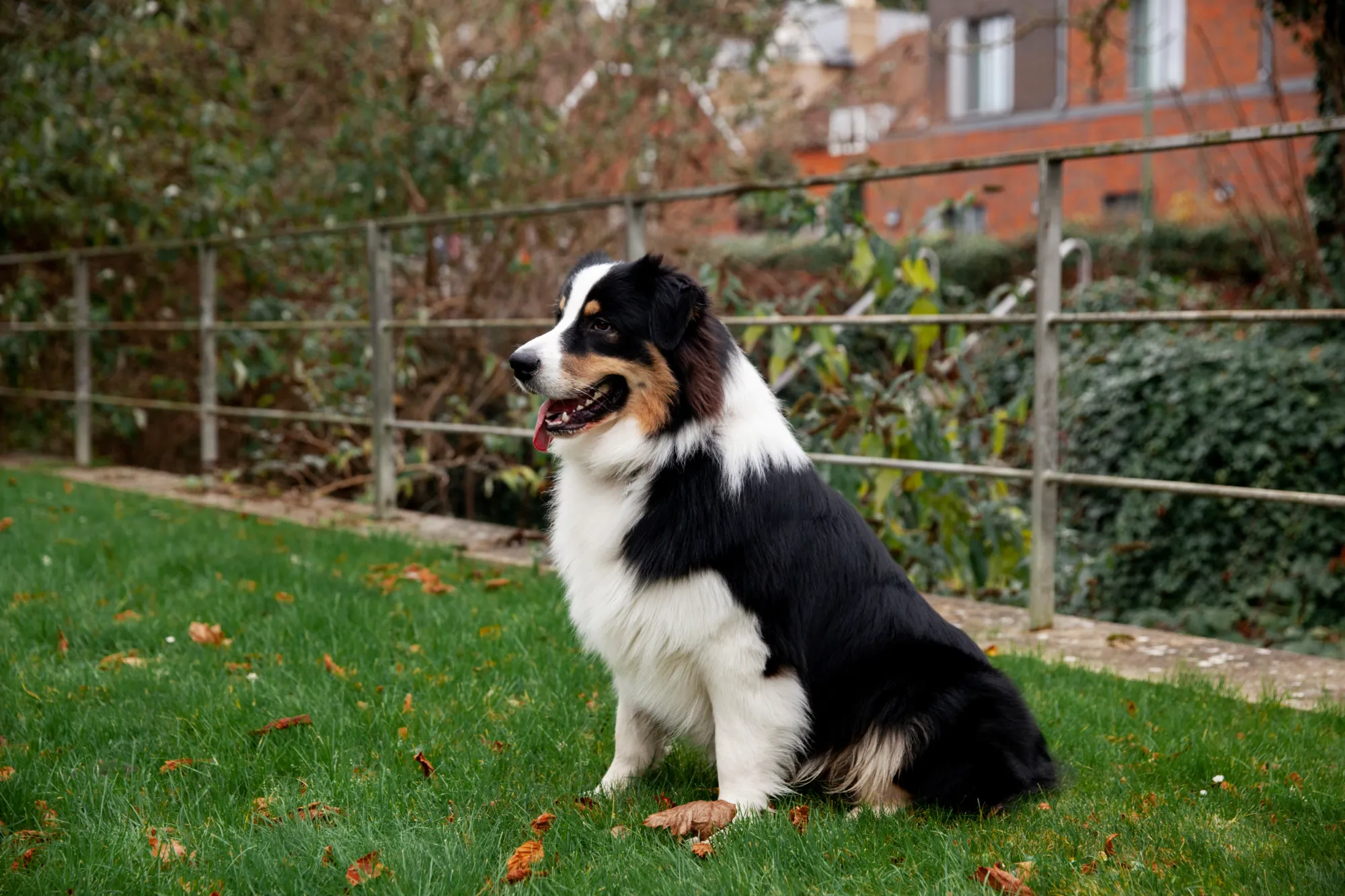
Border Collies are known for their high energy and intelligence. They are also very loyal and love to be around their owners. Border Collies are great working dogs and make excellent companions.
Italian Greyhound
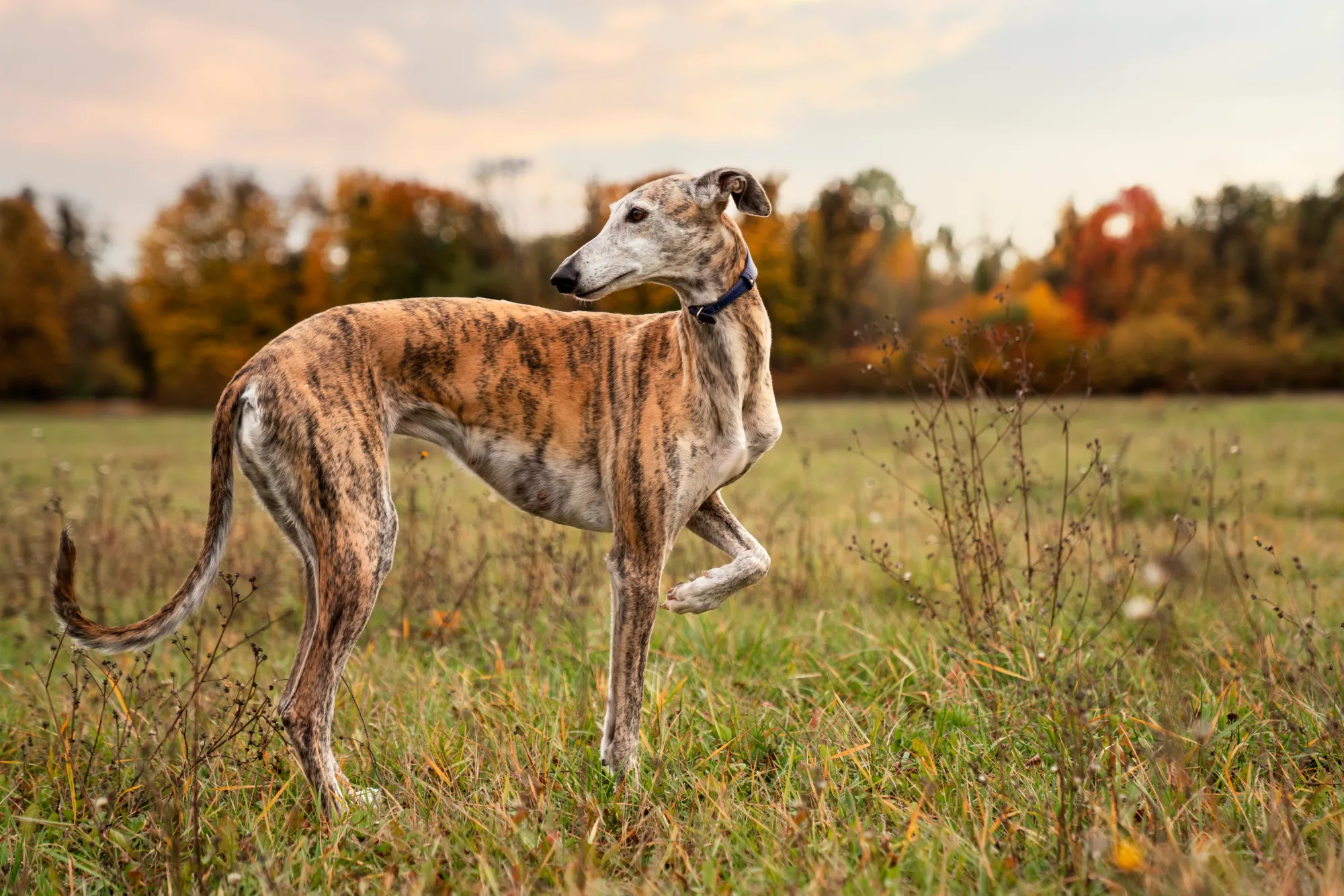
Italian Greyhounds are known for their affectionate and loving personalities. They are also very loyal and love to be around their owners. Italian Greyhounds make great lap dogs and are always eager to please.
French Bulldog
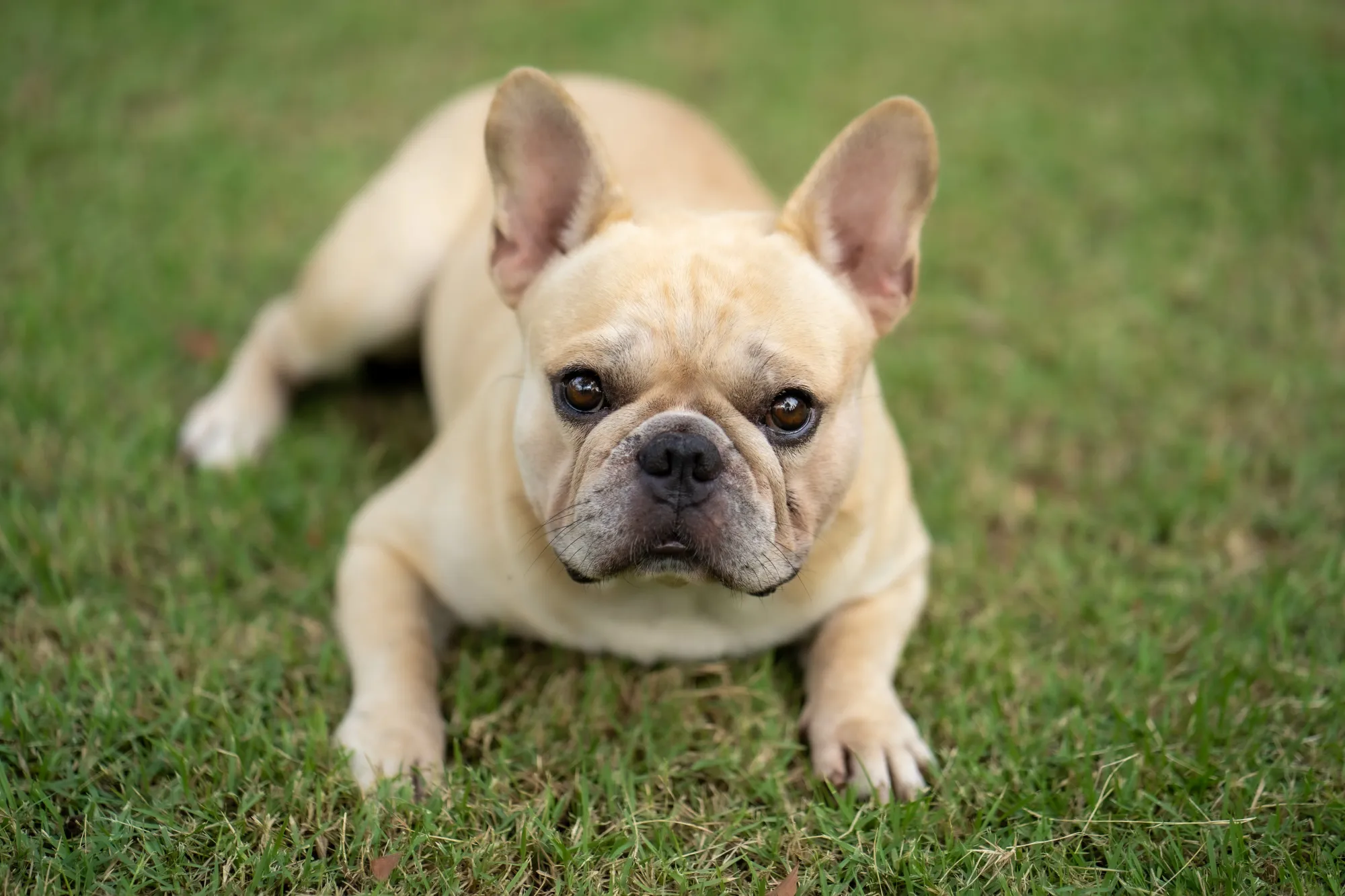
French Bulldogs are known for their friendly and playful personalities. They are also very affectionate and love to be around their owners. French Bulldogs make great family dogs and are always eager to please.
Doberman Pinscher
Doberman Pinschers are known for their loyalty and protectiveness. They are also very intelligent and love to be around their owners. Dobermans make great guard dogs and are always eager to please.
Shetland Sheepdog
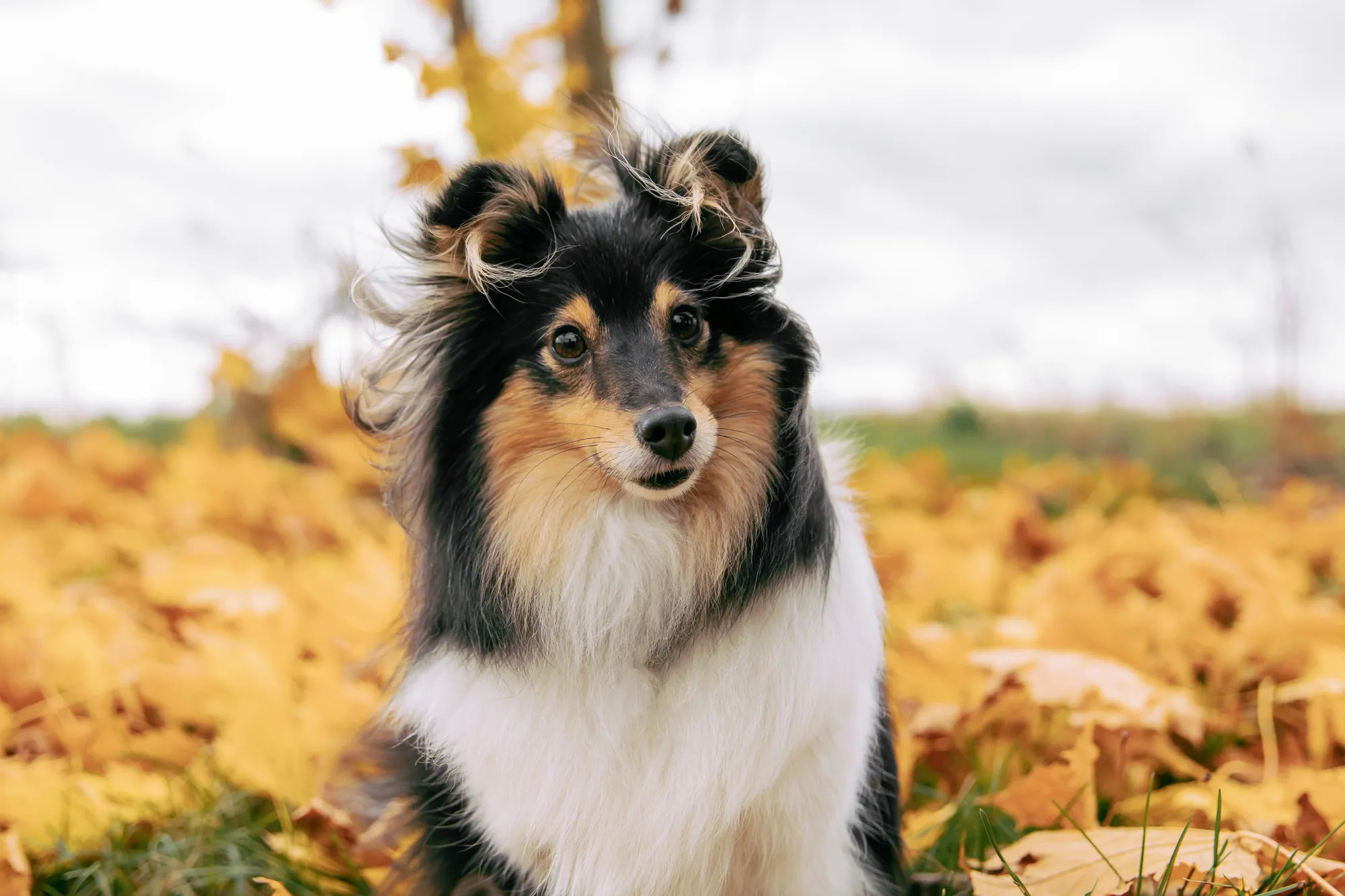
Shetland Sheepdogs are known for their friendly and loving personalities. They are also very loyal and love to be around their owners. Shelties make great family dogs and are always eager to please.
Australian Shepherd
Australian Shepherds are known for their intelligence and loyalty. They are also very energetic and love to be around their owners. Aussies make great working dogs and are always eager to please.
Vizsla

Vizslas are known for their affectionate and loyal personalities. They are also very energetic and love to be around their owners. Vizslas make great hunting dogs and are always eager to please.
Caring for Clingy Breeds
Clingy dog breeds are known for their loyalty and affection towards their owners. However, it can be challenging to care for them as they require a lot of attention and affection. In this section, we will discuss some tips on how to care for clingy breeds.
Exercise and Stimulation Requirements
Clingy breeds often have high energy levels and require regular exercise and stimulation. It is essential to provide them with enough physical activity to keep them healthy and happy. Daily walks and playtime can help meet their exercise needs. Additionally, providing them with interactive toys and puzzles can help stimulate their minds and prevent boredom.
Building a Routine
Clingy breeds thrive on routine and consistency. Building a daily routine can help them feel secure and reduce anxiety. It is essential to establish a schedule for feeding, exercise, playtime, and rest. Consistency in the routine can help them feel more comfortable and relaxed.
Training for Independence
Training is essential for all dogs, and clingy breeds are no exception. It is crucial to train them to be independent and comfortable when left alone. Gradual exposure to being alone and positive reinforcement can help them feel more confident and less anxious when their owners are away.
In conclusion, caring for clingy breeds requires attention to their exercise and stimulation needs, building a routine, and training for independence. By providing them with the proper care and attention, they can be loyal and loving companions for many years to come.
Health and Wellbeing
Clingy dog breeds can be a joy to have around, but they also require extra attention and care to maintain their health and wellbeing. This section will cover some common health concerns and behavioral issues that owners of clingy dog breeds should be aware of.
Managing Allergies and Sensitivities
Some dogs can be sensitive to certain foods or environmental allergens, which can cause a range of health issues such as skin irritation, digestive problems, and respiratory distress. Owners of clingy dogs should be especially vigilant about managing their pets' allergies and sensitivities.
One way to manage allergies is to provide a high-quality diet that is free from common allergens such as wheat, corn, and soy. Additionally, owners should keep their homes clean and free from dust, mold, and other allergens that can trigger allergic reactions.
Addressing Behavioral Issues
Clingy dog breeds can sometimes exhibit behavioral issues such as separation anxiety, excessive barking, and destructive chewing. These behaviors can be frustrating for owners and can also be a sign of underlying health problems.
To address behavioral issues, owners should first consult with their veterinarian to rule out any underlying health issues. Once any health concerns have been addressed, owners can work with a professional dog trainer to help their pets overcome these behaviors.
Overall, owners of clingy dog breeds should be prepared to provide extra attention and care to maintain their pets' health and wellbeing. By managing allergies and sensitivities and addressing behavioral issues, owners can help their pets lead happy and healthy lives.
Choosing the Right Clingy Breed for You
When it comes to choosing a clingy dog breed, there are a few factors to consider to ensure that the dog fits well into your lifestyle and family. Here are some things to keep in mind when selecting the right breed for you:
Family and Lifestyle Considerations
If you have a family with young children, it's important to choose a breed that is known for being good with kids. Some of the most clingy dog breeds, such as the Golden Retriever or the Labrador Retriever, are known for being excellent family dogs. They are gentle giants that are great with children and have a relaxed temperament.
If you live in a small apartment or have limited space, it's important to choose a breed that doesn't require a lot of room to move around. Smaller breeds like the Chihuahua or the Pomeranian can be just as clingy as larger breeds, but they take up less space and are easier to manage in smaller living quarters.
Size and Space Requirements
When it comes to choosing a clingy breed, size and space requirements are important factors to consider. Larger breeds like the Great Dane or the Saint Bernard can be very clingy but require a lot of space to move around. If you have a large backyard or live in a spacious home, a larger breed may be a good fit for you.
On the other hand, smaller breeds like the Shih Tzu or the Yorkshire Terrier can be just as clingy as larger breeds, but they require less space to move around. If you live in a small apartment or don't have a lot of outdoor space, a smaller breed may be a better fit for your lifestyle.
Ultimately, when choosing a clingy breed, it's important to consider your family's lifestyle and living situation to ensure that the dog is a good fit for your home. With the right breed and proper training, a clingy dog can make a wonderful family pet and loyal companion.
Conclusion
In conclusion, while all dogs can display clingy behavior from time to time, some breeds are more prone to it than others. The most clingy dog breeds tend to be those that were originally bred for companionship and have a strong desire to be close to their owners at all times.
Therapy dogs, in particular, need to be emotionally connected to their owners to be effective in their work. This is why breeds such as the Cavalier King Charles Spaniel and the Bichon Frise, which are known for their affectionate and loving nature, are popular choices for therapy work.
It's worth noting that the most popular dog breeds, such as the Labrador Retriever and the Golden Retriever, are not necessarily the most clingy. These breeds were originally bred for hunting and retrieving, and as such, they tend to be more independent and less clingy than some of the smaller companion breeds.
Overall, if you're looking for a dog that will be your constant companion and shadow, there are plenty of breeds to choose from. However, it's important to remember that owning a clingy dog can be a big responsibility and requires a lot of time and attention. If you're not prepared for that level of commitment, it may be best to consider a less clingy breed or another type of pet altogether.




